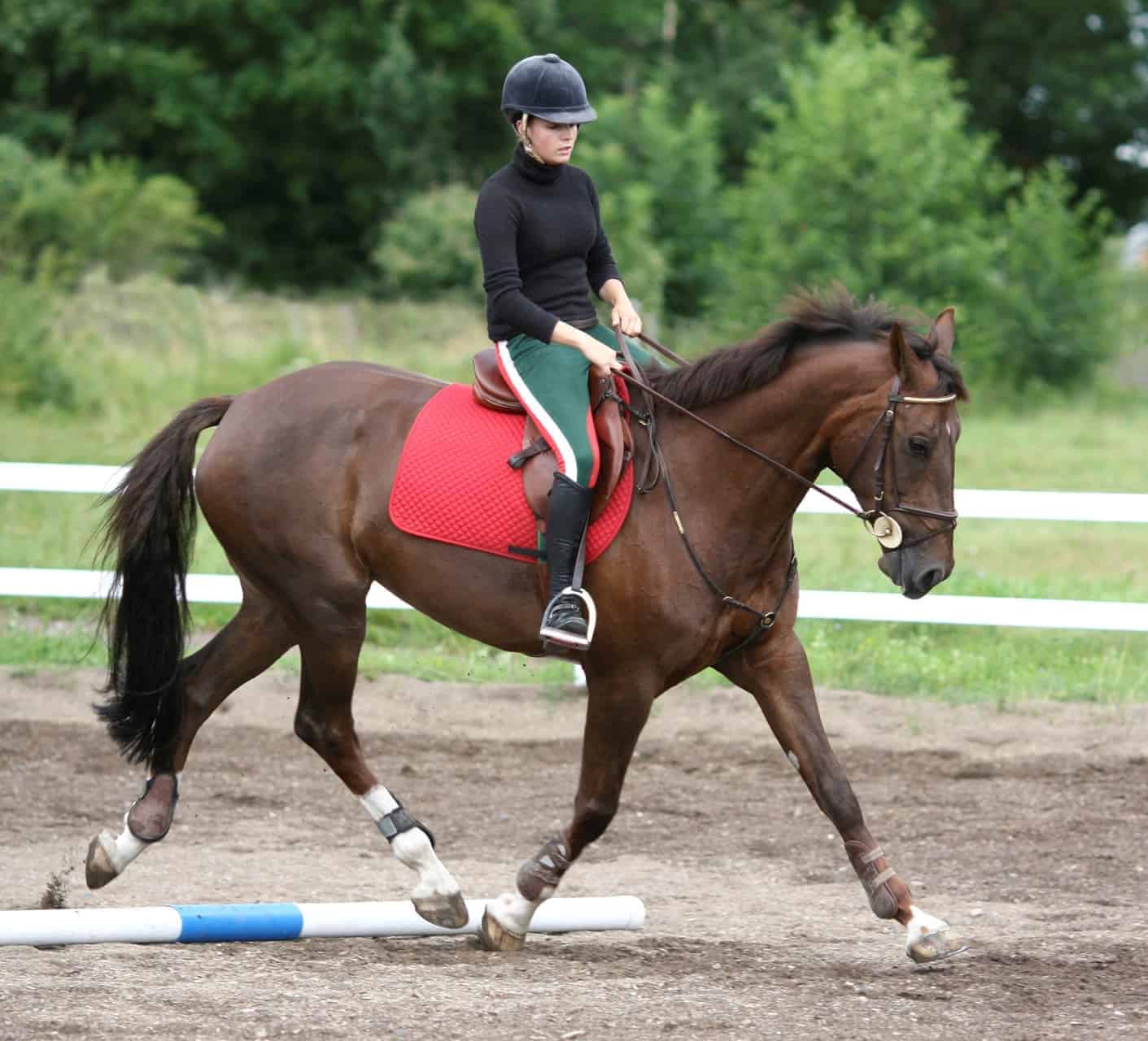Your Horse-Related New Year’s Resolutions Guide
- Topics: Article, Behavior, Equine Behavior, Horse Care, Nutrition, Welfare and Industry

The start of a New Year wouldn’t be complete without making resolutions. In fact, an estimated 60% of us set New Year’s resolutions, while only 8% stick with it. But what if your resolutions include horse-related goals?
“We all have the desire to improve, get better, and grow,” said Susan Weinschenk, PhD. The author and CEO of The Team W. Inc. says research shows people tend to make big decisions at the beginning of a month, especially at the beginning of the year.
Goals make us feel like we can influence what our life looks like rather than being victim to what happens to us. Understanding brain science is the key to establishing resolutions you stick with for more than a few days.
First, they must be precise and achievable.
“The biggest mistake people make with resolutions is making them too large and difficult or too vague,” Weinschenk said. “They have to be specific and small. Most of the work in the brain is unconscious. The brain has to know what it’s working on or it gets ignored.”
For example, you can’t simply say, “I want to improve my horsemanship skills in 2020.” Instead, Weinschenk recommends making a list of five ways that will help you know you have improved. Your experience level and goals influence the list.
5 Resolutions for Better Horse Health
If how you care for your horses is making your resolution list this year, these suggestions can make big differences for your horses’ health:
- Limit your horse’s “fasting time” between forage meals by using slow-feeding haynets. Less than four hours at a time without hay is ideal.
- Put a reminder on your calendar now to make sure your horse is vaccinated against mosquito-borne diseases such as West Nile virus and Eastern equine encephalomyelitis before the spring thaw.
- Make sure your horse is getting enough salt each day, and keep in mind a free-choice salt block probably isn’t enough. “I prefer to provide 1 tablespoon of salt per 500 pounds of body weight each day in feed,” said Clair Thunes, PhD, an independent equine nutritionist who operates Summit Equine Nutrition in Gilroy, Arizona.
- To reduce boredom and stress, add enrichments to your horses’ confinement areas.
- February is pet dental health month, and in response many veterinary clinics offer dental specials. Take this opportunity before riding and show season start to make sure your horse’s mouth is healthy and pain-free.
—Michelle N. Anderson
If you’re a hunt seat rider, maybe it’ll start with:
- Strengthen my seat during the sitting trot.
- Improve my striding between fences.
If you’re a cow horse competitor, maybe it’ll begin with:
- Improve my position on the cow.
- Work on straight run downs and stops.
Self-stories are the other pieces to success with resolutions, said Weinschenk. A self-story is what drives your behavior and defines what’s important to you. If you don’t believe you’re a good rider, you’re never going to improve simply by telling other people you are taking lessons and striving to be better. If, meanwhile, you’re sending a message to your brain that you’re not a good enough rider to jump a 4-foot course or do a fence run in a reined cow horse class, you aren’t going to be able to change.
“Sometimes I think people give up too easily if a resolution isn’t working,” Weinschenk said. “If a resolution isn’t working, look at your habits and self-story, and try again. Don’t be too hard on yourself Being too hard on yourself isn’t useful.”
Written by:
Katie Navarra
Related Articles
Stay on top of the most recent Horse Health news with















